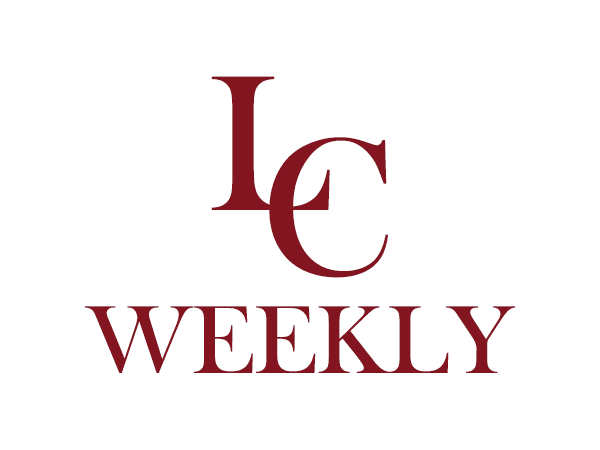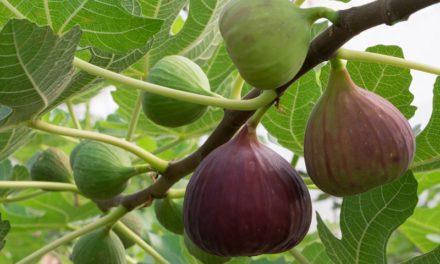Do you love plants? Have them inside, outside, tripping over them on the sidewalk? It’s time to take inventory. Many of those sold as house plants are from tropical climates and cannot tolerate temperatures much below 40 degrees Fahrenheit. Ferns and other hanging plants are going to be subjected to colder temperatures than pots on the ground, in the ground, or close to buildings. Boston ferns will overwinter in the ground but not in hanging baskets on the porch.
You can cut and root cuttings of your favorite annuals. Begonias, coleus, pentas, or impatiens can over winter in the garage or laundry room.
Water shrubs and perennials well before a predicted freeze. Insulate outdoor spigots and wrap exposed pipes. Disconnect hoses in case you need to drip spigots.
Mulch with straw or compost to help moderate soil temperatures. Rake leaves to use in the compost or as mulch. They are a valuable resource and shouldn’t be burned. They can be chopped up with the lawn mower and mulched in.
There are many good ways to provide insulation to citrus and flowering shrubs like camellias. Sheets, light blankets, quilts, or burlap can be used to keep the trunks and blooms covered when the thermometer drops below freezing. Even lights may provide enough ambient heat to keep plants warm enough for a day or two. Don’t use clear or black plastic, because the sunlight can cause temperatures to heat up too high.
Cut back and remove succulent perennials after a freeze. They are rather unsightly and don’t offer the winter garden any particular interest. Other perennials or shrubs can have definite benefits for wildlife and beauty. Dried flowers, seeds, and fruits feed song birds, and insect pollinators may overwinter in the mulch.
Light is crucial for house plants, and insufficiency will cause plants to stretch or not thrive. Invest in grow lights for north facing windows or rooms with inadequate lighting.
Pest control should be a part of any indoor growing regimen. This would include regular scouting for pests, and timely response to any that are encountered. Check undersides of leaves and stems for sucking or chewing insects or mites. Look for discolored leaves, droppings, or other evidence of unwanted house guests. Spray with soapy water or horticultural oil.
Humidity. Houses during the winter often have low humidity. Tropical plants require moist air and will show signs of distress as a result of dry indoor air. Humidifiers and other ways to raise the moisture in the air will result in happier house plants. You might also try saucers with stones, moss, or a small fan blowing across a dish of water.
Clean and sharpen tools to preserve their usefulness. Sanitation is so important in the garden. Keeping cutting surfaces sharp makes a cleaner cut and wounds will heal more quickly. Removing dirt and plant residue from handles and blades may help to prevent the spread of diseases.
Just like the Boy Scouts, gardeners need to “Be Prepared.” Winter is almost here.







